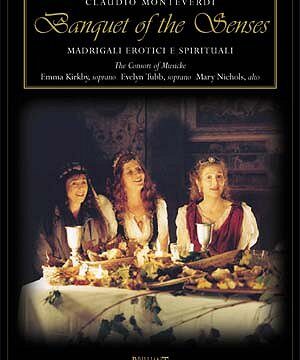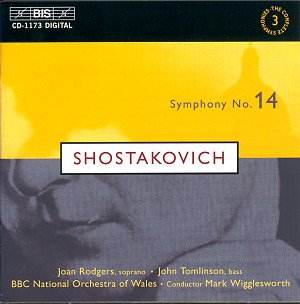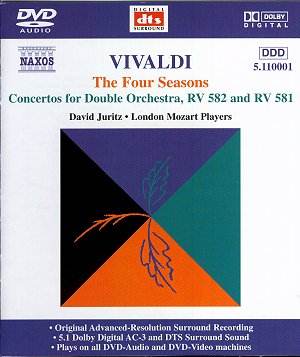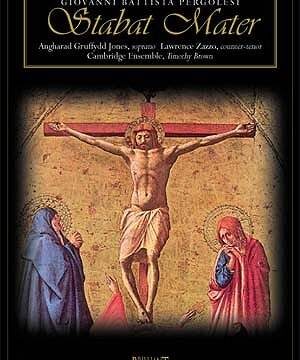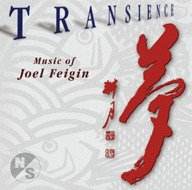 Composer: Joel Feigin
Composer: Joel Feigin
Works: Five Ecstatic Poems by Kabir (1989), Veränderungen (1995), Four Poems by Linda Pastan (1987), Four Fantasy Pieces (1987), Nexus (1993), First Tragedy (1982), Echoes from the Holocaust (1993), Eight Japanese Poems (1983, rev. 1993)
Performers: Christine Schadeberg (soprano), Musicians Accord, Fred Cohen (conductor)
Recording: St. Peter’s Episcopal Church, Chelsea, New York City, September 1995 and March 1996; The Mansion at Fairleigh Dickinson University, Madison, NJ, March 1996
Label: North/South Recordings R 1011 [2CDs: 69:36 + 57:06]
Joel Feigin, born in 1951, emerges as a singular voice in contemporary American classical music, particularly in his adept handling of vocal works that traverse a vast emotional landscape. The dual-disc set presents a comprehensive portrait of Feigin’s oeuvre, focusing on his intimate and often poignant settings of poetry from various cultural and historical contexts. These works not only showcase his lyrical gifts but also reflect the broader currents of late 20th-century American music, interweaving tonal and atonal elements with a rich tapestry of expressive nuance.
The performances led by soprano Christine Schadeberg and the Musicians Accord under Fred Cohen’s direction are commendable for their sensitivity and clarity. Schadeberg’s interpretation of the Five Ecstatic Poems by Kabir is particularly striking, as she navigates the lyrical passages with a warm, expressive tone that captures the mysticism inherent in Kabir’s verses. The ensemble’s cohesion allows for a dialogue among instruments that enhances the emotional impact, particularly in the contrasting textures of the instrumental colors, which include flute, clarinet, and percussion. This piece benefits from a deft orchestration that supports rather than overwhelms the vocal line, a hallmark of Feigin’s compositional style.
The recording quality is notably refined, with the acoustic of St. Peter’s Episcopal Church providing an appropriate resonance that enriches both the vocal and instrumental elements. The engineering captures the subtleties of dynamics and articulation, allowing the listener to appreciate the intricate interplay between the soprano and her instrumental companions. In “First Tragedy,” for example, the clarinet’s haunting phrases weave through the soprano’s lines, embodying the tumultuous emotions tied to its historical context—the aftermath of the Vietnam War. The poignant use of silence and space in this piece accentuates the meditative quality of Feigin’s music, making the listener acutely aware of the emotional weight carried by each note.
Notably, the Four Poems by Wallace Stevens demonstrate Feigin’s ability to translate complex literary imagery into a musical language that is both evocative and accessible. The instrumental scoring for flute, percussion, cello, and piano allows for rich contrasts, which are effectively realized in this performance. The rhythmic vitality and textural shifts mirror Stevens’ thematic explorations, offering a compelling interplay between words and music. The use of extended techniques, especially in the flute and percussion, highlights the modernist influences on Feigin’s work while remaining deeply rooted in a lyrical tradition.
The inclusion of instrumental pieces such as Veränderungen and Nexus further illuminates Feigin’s versatility. While Veränderungen presents a substantial theme and variations for violin and piano that challenges the performers with its technical demands, the Four Fantasy Pieces for flute and piano exhibit a lighter, playful character that is a welcome addition to the chamber repertoire. Each piece reveals Feigin’s skillful manipulation of form and texture, enhancing the listener’s engagement through a variety of moods and colors.
This meticulously curated collection not only showcases the breadth of Feigin’s creative output but also offers insight into his compositional philosophy, which eschews grandiosity in favor of a more intimate, personal expression. The performances resonate with a deep understanding of the music’s emotional core, providing a compelling argument for Feigin’s place in the pantheon of contemporary composers.
The artistry displayed in both the performances and the engineering of this recording ensures that Feigin’s music is presented in its best light, inviting listeners to explore the rich emotional landscapes his compositions offer. The collection stands as a testament to Feigin’s lyrical genius and the profound communicative power of his music, making it an essential addition to the library of anyone interested in the evolution of American classical music in the late 20th century.
